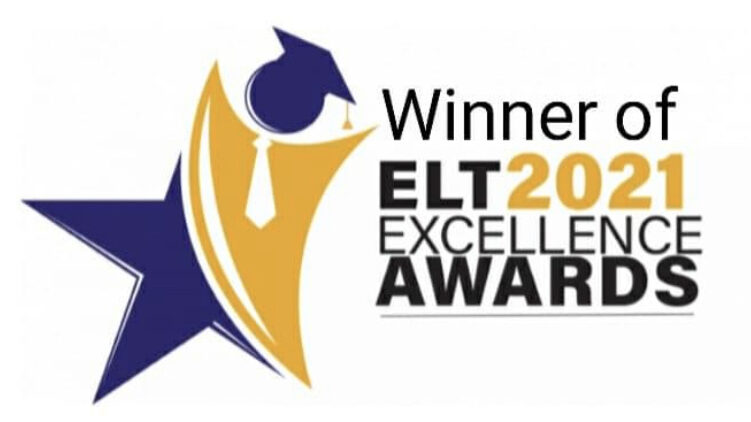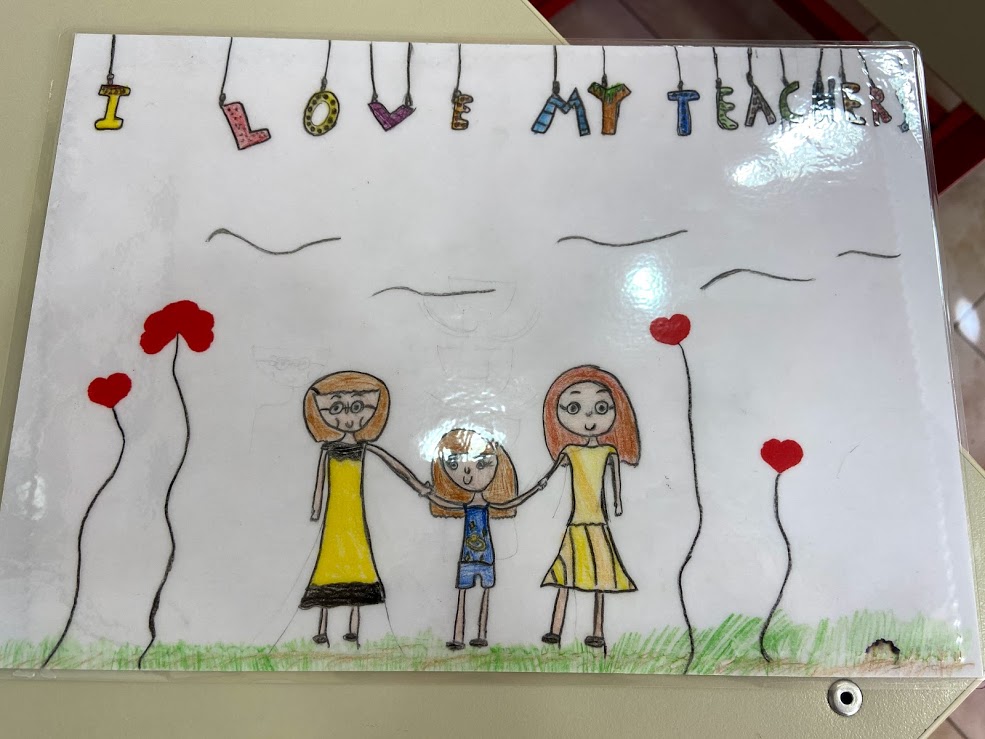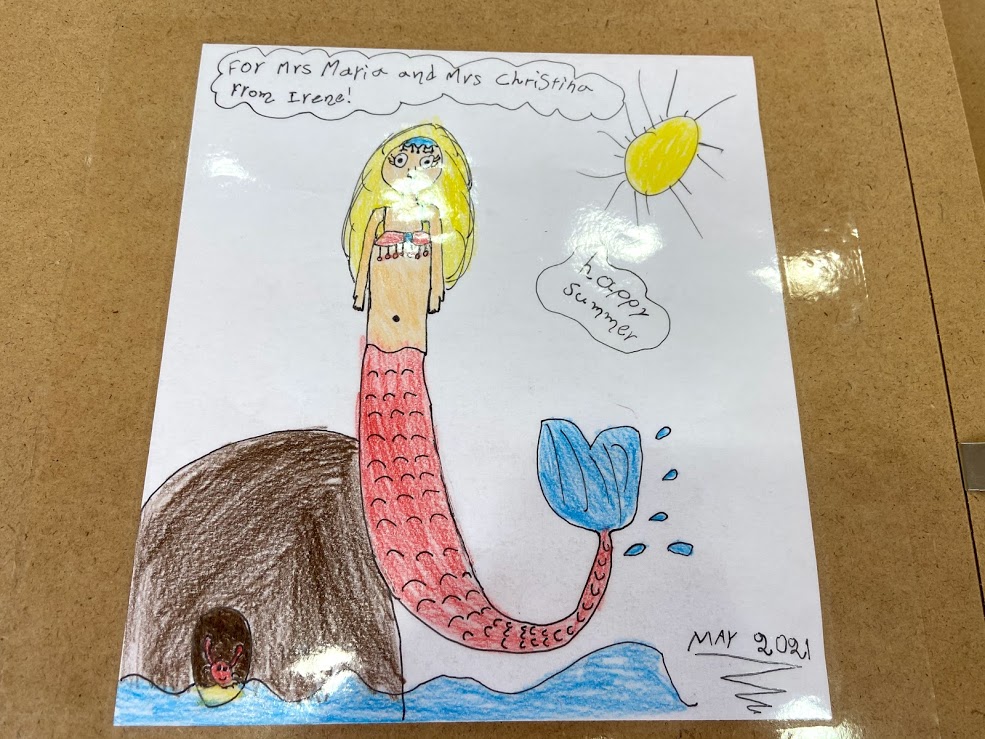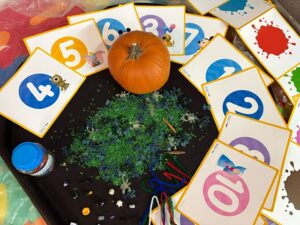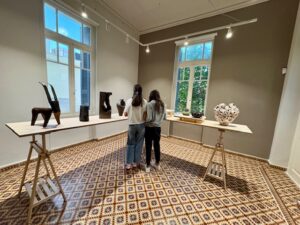Words cannot begin to describe the satisfaction we felt upon receiving this wonderful news at the end of a very demanding school year: We have won an ELT Excellence Award on the creativity exhibited in an array of projects with all age groups. We wholeheartedly thank our students and their families for their constant support and we make the promise to continue offering a variety of learning experiences in the years to come.
The video which was part of our entry
Creativity has always been of primary concern to all the teachers in Markaki- Markoulaki Language school. There has been a large number of creative projects in all language levels, ranging from word games with e-tools , Spotify playlists, Instagram contests, entertaining scrapbooks and colourful students’ phrasebooks to school events, such as children’s plays, talks for advanced students, international collaborative projects, scavenger hunts and treasure hunts. Having built a solid foundation of knowledge, we are proud to witness the constant progress of all our students, who use the language autonomously, as an outlet for self-expression in a meaningful context.
Concrete classroom work samples follow, concerning the three listed creativity indicators, pertaining to the school years of 2019-20 and 2020-21.
- Openness in the learning process
1a) An Instagram contest was held (A2-C2 CEFR level) on Halloween day, according to which participants had to upload one of their own Halloween-themed photos on their Instagram account, with a caption related to recent classroom topics, leading to artistic self-expression in language production.
1b) A role-playing mystery in our school called Who stole the painting? involved an interactive story with slides, costumes and the most suspicious characters we tirelessly worked on! With our older learners in the roles of the suspects, our young detectives had to ask them the right questions, only to uncover a web of lies and more questions!
1c) Our students are given access to myschool.markoulaki.gr, where a unique private environment awaits them, comprising of a long list of exciting features along with a blogging section. This is where all creativity is allowed to unfold, since all students (in pairs or individually) publish posts and receive comments about any topic of interest.
1d) We have recently participated in the international video project: Connecting over Covid19. Students of various age groups brainstormed by reading articles listed on our platform regarding the impact the virus had had on our life and some of them decided to post a video response, also cultivating their presentation skills and confidence.
1e) To further practise reading, after dealing with a number of similar texts in our coursebooks, students of A2 to C2 levels have joined the school’s groups on www.readtheory.org where their reading progress is tracked by the teacher of the class. The students choose how long they spend reading and they receive progress reports, knowledge points and motivating badges for their work. In our lesson together, we tackle possible comprehension issues.
2) Adapting the coursebook and student improvisation
2a) Padlet projects as a follow-up to coursebook material.
2b) We have started our very own private YouTube video series based on recently targeted language areas and topics, also combined with follow-up activities (links in every video description), which has enabled students of all levels to enjoy the process and produce their own presentations and poetry videos.
2c) A scavenger hunt was organised to inspire children to consolidate newly taught vocabulary by detecting items corresponding to the new words in or out of the house. Everyone had fun presenting their findings in class, which was another valuable opportunity to cultivate presentation skills and oral fluency.
2d) Our students’ phrasebooks, interactive notebooks and collaborative scrapbook are a sight to behold!
3) Encouraging discovery of language features highlighted in the coursebook
3a) A start-of-the-year treasure hunt was one of last year’s highlights, whose main aim was to serve as a first taste of some of the subject matter to be covered in their coursebooks in the rest of the year, with a wide range of riddles, quizzes and kinaesthetic activities. Another school event for advanced classes was called E.U. Back To School.
3b) Having decided to flip traditional learning, we introduced Polka Dot plays into our A1-A2 classes. Before learning the different words for illnesses in their coursebooks, A1-level students read ‘the Maths Test’, combined with a series of audio, Wordwall and roleplaying activities. By the time the course book chapter came up, the “illness” word group had been automated along with other related expressions of feelings.
3c) In a similar manner, A2-level groups were introduced to vocabulary connected to animals through the ‘Animal ABC” Polka Dot Play. Subsequently, they played the Wordwall activity, printed masks, enacted the play and created a Spotify playlist.
3d) Having visited Quizlet and the school’s educational platform to study the Greek mythology word set, learners of A2 level had to play the Heads Up game in class. Following the Blended Learning model, the students had already studied the words, which should be subsequently described to their partner who then had the task to spot each word.
